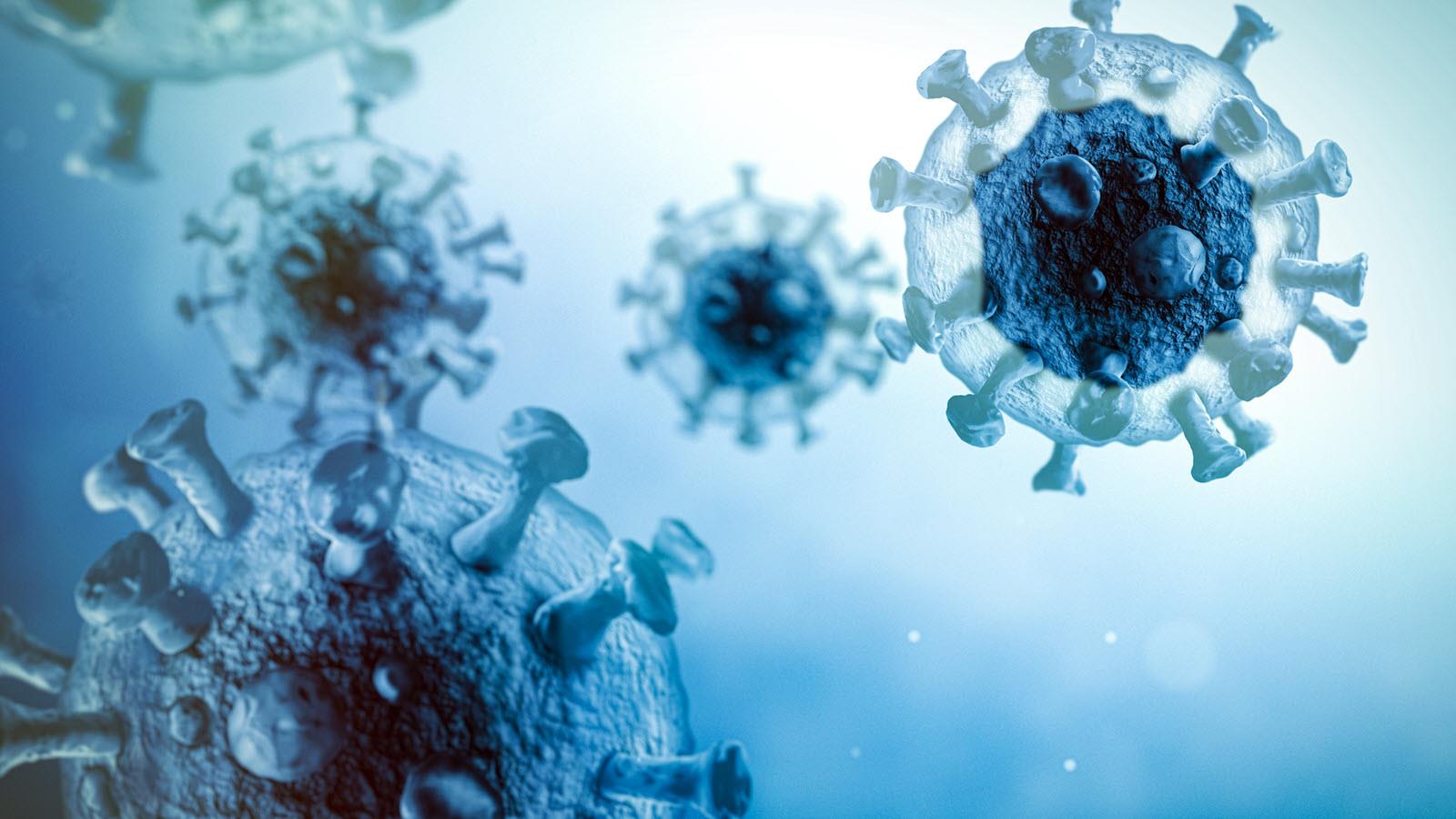Early in the pandemic, hereditary angioedema (HAE) patient Scott McCoy described his encounter with COVID-19 in a webinar for the U.S. Hereditary Angioedema Association. It was a bad news-good news story.
The bad news was that McCoy had become infected with the novel coronavirus prior to vaccines being available. But the good news was that his infection did not cause an attack of HAE-related swelling, a symptom of the rare, genetic condition that can be life-threatening. In McCoy’s words, “HAE didn’t rear its ugly head.”
But new research suggests that McCoy might represent only half of the story. A study of 677 HAE patients in Italy found that 52 contracted COVID-19 and, of those, about half reported an HAE attack while they were infected. The Italian Network for Hereditary and Acquired Angioedema (ITACA) reported the data after collecting it for a year.
“51.9% of SARS-CoV-2 positive cases presented, during infection, at least one attack of angioedema, the severity of which correlated with that of COVID-19,” said Professor Mauro Cancian, President of ITACA on an Italian news hub about rare diseases, Osservatorio Malattie Rare. “Although the virus does not seem to affect patients with HAE more, it certainly has favored a greater onset and severity of acute episodes.”
For those who live with HAE, incidents of severe swelling can occur in various parts of the body including the feet, stomach, face and throat. While many attacks are spontaneous, the US Hereditary Angioedema Association (HAEA) says triggers can include catching the flu or another viral infection.
Researchers were eager to investigate how COVID-19 affected HAE patients because the ACE-2 receptor, a gate of entry of the virus into human cells, is involved in the metabolism of bradykinin, the molecule that causes angioedema, according to the report in Osservatorio Malattie Rare.
Why do some people have HAE? They are missing or have low levels of a protein called C1 esterase inhibitor (C1-INH). In some cases, the C1-INH levels are sufficient but the protein does not function properly. The defect with C1-INH lies within a person's genetic code, which is why HAE runs in families.
The study from ITACA also found an increased prevalence of cardiovascular disease and diabetes among HAE patients. The results will be shared at an upcoming European Academy of Allergy, and Clinical Immunology Congress.



